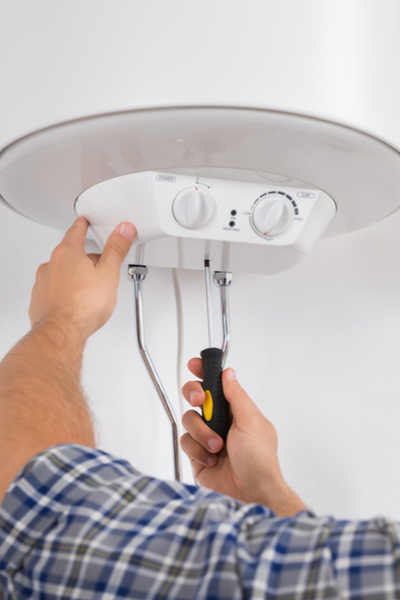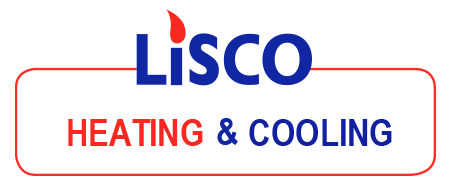PROFESSIONAL BOILER INSTALLATION & REPAIR
Lisco Heating & Cooling is one of Cuyahoga counties premier boiler installation and repair companies. Boilers are one of the more complicated heating systems, which is why it's imperative to find a professional company with a long history of quality boiler service. At Lisco, our boiler experts are highly trained professionals with years of installation and repair expertise. We work with each individual customer to determine their unique needs and budget while matching the proper system that will provide them with years of reliable performance and superior energy savings.

WHAT IS THE DIFFERENCE BETWEEN A FURNACE & A BOILER?
Furnaces and boilers operate very different. The biggest difference is the way in which they each provide heat.
Furnace
- A furnace heats air.
- Heated air is distributed via a blower motor through your home’s ductwork. It is then released into rooms through vents or registers located in the wall, ceiling or floor.
- Furnaces can run on electricity, natural gas, propane or oil.
Boiler
- A boiler heats water.
- Depending on the type of boiler, either hot water or steam is distributed through small pipes using a pump and dispersed through radiators.
- Boilers can run on natural gas, oil, electricity or wood.
5 BENEFITS OF BOILER HEAT
While boilers are often more expensive to install than furnaces, they offer many benefits over forced air systems.
Energy Efficiency
Boilers use less fuel to heat your home, therefore are often more efficient than furnaces.
More Consistent Heat
Boilers provide steady heat with good temperature consistency while furnaces use blowing warm air that tends to create a drafty environment.
Quiet Performance
Most boilers simply supply and distribute hot water without making their presence known.
Maintenance
Boilers don’t require that you replace an air filter every few months, however it is suggested that you conduct yearly system maintenance to maximize performance and efficiency.
Air Quality
Since boilers don’t blow air, they don’t spread dust or allergens. They also don’t dry out air as much as forced air systems.


